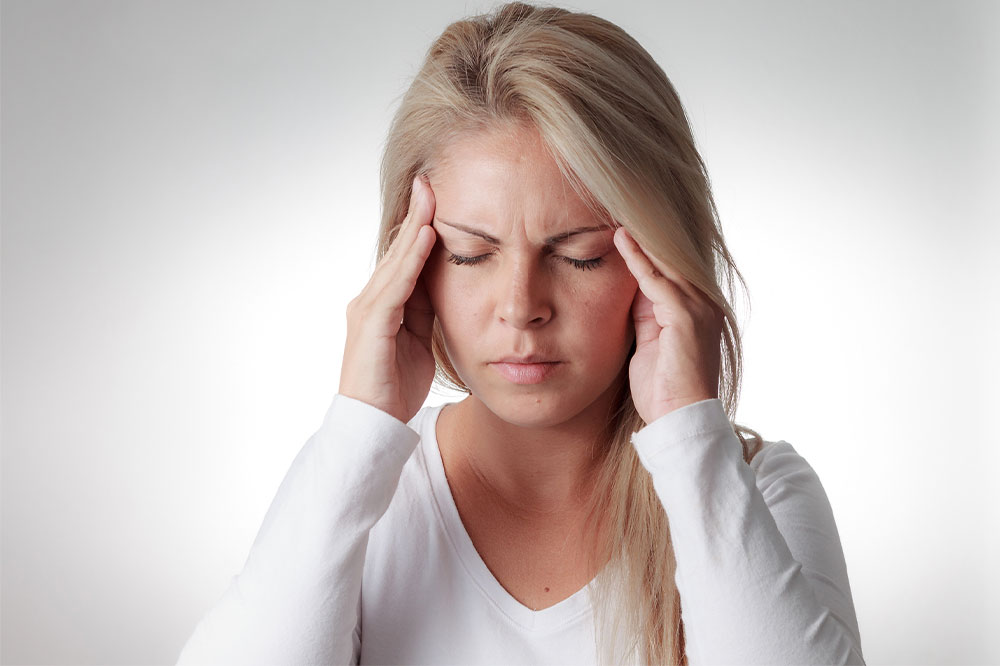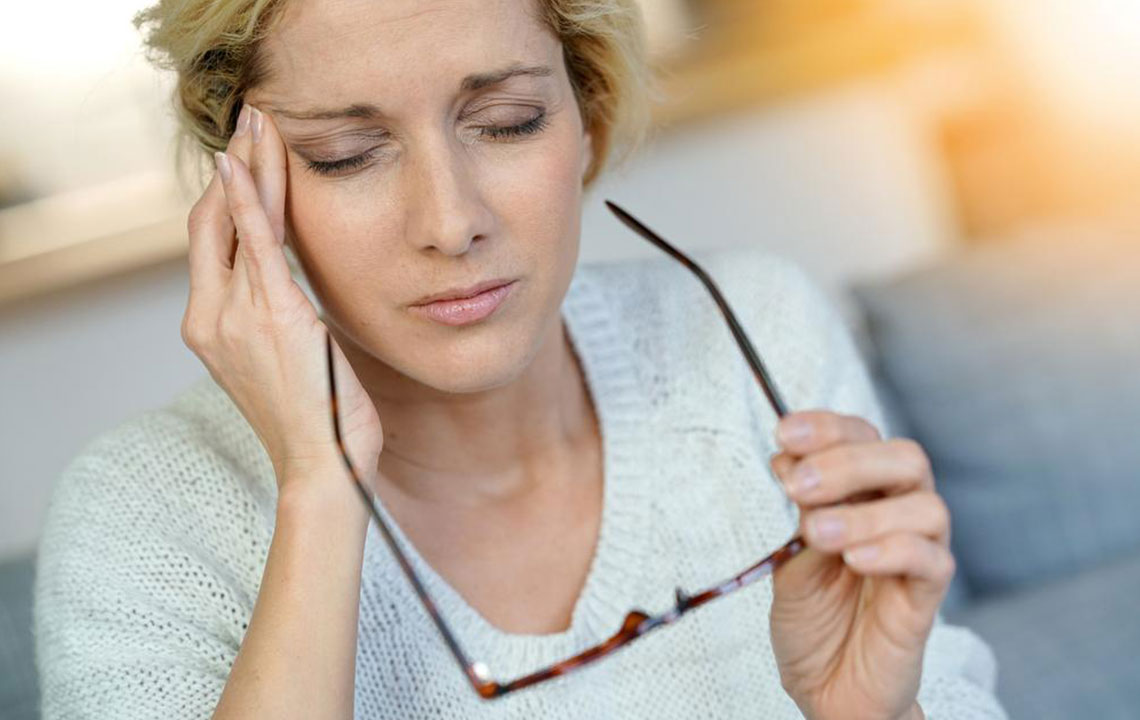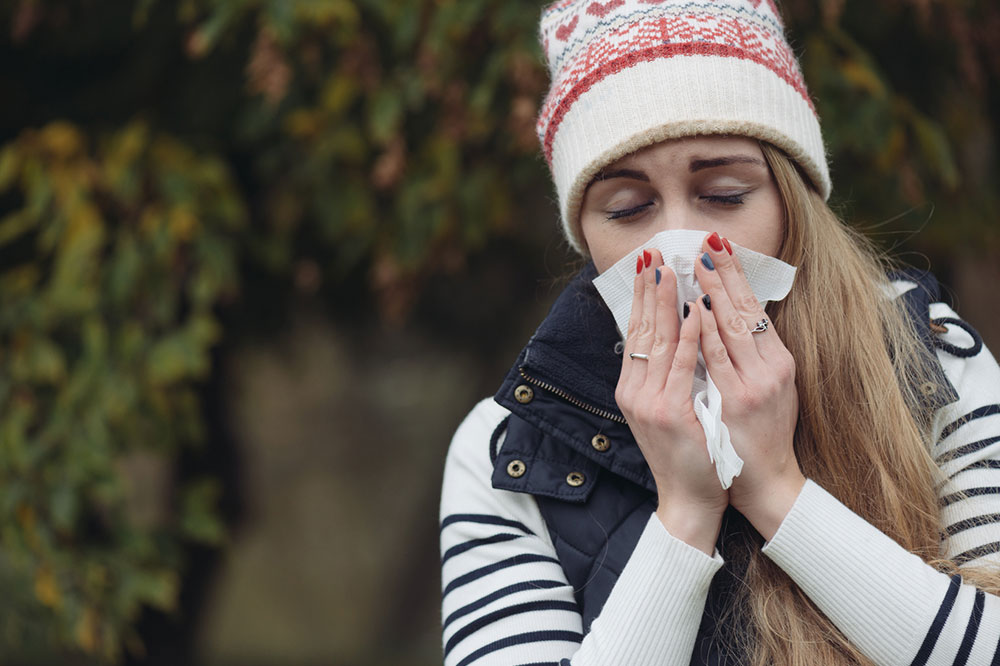10 Useful Home Remedies for Headaches
Headaches may not be a serious health condition by themselves. But they’re pretty frustrating and debilitating. There are several types of headaches with varying causes, such as sinus headaches, migraines, tension headaches, and cluster headaches. While some are acute and fade away sooner, others are milder but chronic or long-term. Regardless of the type and cause, you can try several home remedies for headache relief after consulting with a doctor.

Hydration
Dehydration can cause many simple headaches and even worsen an ongoing episode, especially a migraine. Here’s a quick remedy for such headaches: drinking a glass or two of water. Some studies show that water can relieve headaches in dehydrated individuals within 30 minutes to three hours. But you must maintain proper hydration throughout the day even when no symptoms occur.
Yoga
Irrespective of whether you’re looking for a cluster headache remedy, sinus headache treatment, or relief from any other type of headache, yoga can help. That’s because yoga addresses muscle tightness, skeletal misalignment, and mental stress, all of which simultaneously contribute to headaches. A yoga routine is usually a series of steps, including deep breathing, gentle movements, and holding poses for a few minutes. Never tried yoga before? Join a class or look up yoga poses to relieve headaches online.
Hot compress
Using a heating pad or hot compress can relieve headaches caused by tension or sinus congestion. Place a heating pad on the neck at the back of your head if the cause is stress, anxiety, or depression. If dealing with a sinus headache, place a warm cloth on the area where you’re experiencing pain. A hot compress will relieve the headache by helping the muscles relax. Don’t have a heating pad or hot compress at home? Taking a warm shower might also help.
Cold compress
A cold compress may work well for migraine headaches. It has a numbing effect, which can dull and alleviate the pain in the head. It also helps reduce inflammation and constricts blood vessels, providing headache relief. For cold compress, use a cold, wet washcloth or wrap a small bag of ice in a soft towel or cloth and place it over the area where the pain originates.
Exercise
Physical exercise helps keep the body healthy and improves blood circulation, which can help provide headache relief. Engage in moderate-intensity activities, such as brisk walking, running, swimming, and cycling for at least 30 minutes per day, several days a week. Studies have linked a sedentary lifestyle or lack of physical activity to an increased risk of headaches. So, exercise regularly, and don’t forget to drink plenty of water after working out.
Massage
Sometimes, a good massage is all that’s needed to chase away an annoying headache. Massage, when done correctly, can reduce muscle tightness or spasms in the neck, shoulders, and upper back, which can trigger or worsen tension headaches. It’s best to get a massage from an experienced practitioner, as they can effectively address your pain points. But you can also massage pressure points yourself. For example, if the headache is in the temples, apply pressure to the area and gently rub in a circular motion.
Magnesium-rich foods
Studies have shown that people with migraine usually have low magnesium levels. So, increasing magnesium intake can decrease the frequency and severity of migraine headaches. A simple way to do this is to add high-magnesium foods, such as spinach, Swiss chard, pumpkin seeds, lima beans, tuna, brown rice, and almonds, to everyday meals. Alternatively, you can use magnesium chewables. However, they may cause digestive side effects like diarrhea, so speak to a doctor before using them.
Foods high in omega-3s
Omega-3 fatty acids are essential fatty acids known to have strong anti-inflammatory properties. They can reduce headache severity in those with migraines. Since the body can’t produce omega-3s on its own, it’s vital to acquire them from foods. Some of the richest sources of this nutrient are fatty fish, such as salmon, cod, sardines, tuna, and herring. Those who don’t eat fish can turn to plant-based omega-3s in foods like walnuts and flaxseeds.
Better sleep
Both sleeping too little and oversleeping can make headaches worse. Sleep deprivation has been associated with increased frequency and severity of headaches, whereas sleeping for long hours has been shown to trigger them. Health experts advise getting seven to nine hours of sleep each night. To improve sleep quality, go to bed at the same time every night and avoid looking at screens at least 30 minutes before.
Essential oils
Here’s another excellent headache treatment to try at home. Essential oils are concentrated liquids extracted from plants that contain compounds that can soothe a headache. They’re mainly used topically. Peppermint and lavender essential oils are considered excellent for headache relief. Studies show applying peppermint essential oil to the temples can ease tension headaches. On the other hand, lavender oil can significantly decrease migraine headaches when applied to the upper lip and inhaled.




